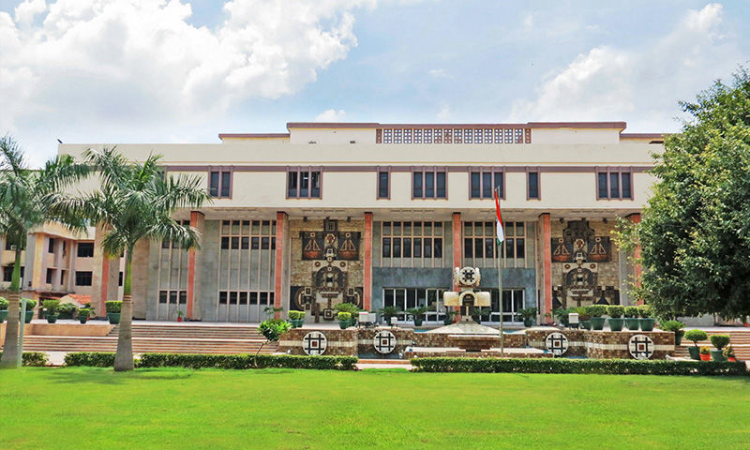The Delhi High Court has observed that the object of bail is to secure the attendance of the accused at the trial and is not to be withheld as a punishment. A single judge bench comprising of Justice Anoop Kumar Mendiratta added that though the possibility of evidence being tampered or the witnesses being influenced has also to be kept in perspective, however, one single circumstance, cannot...

